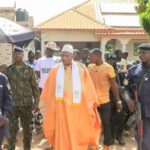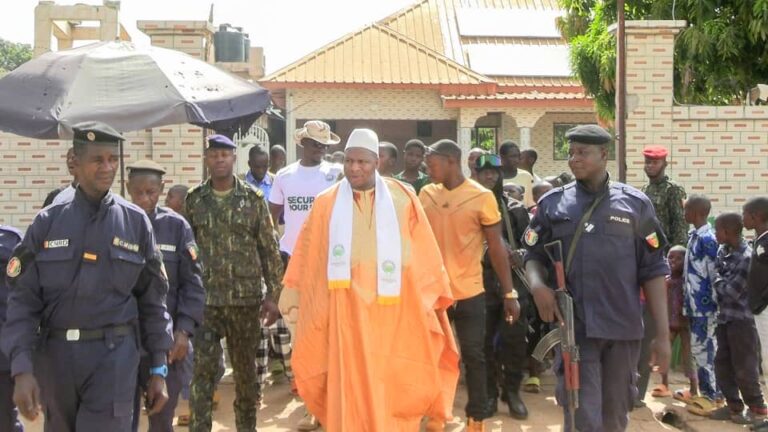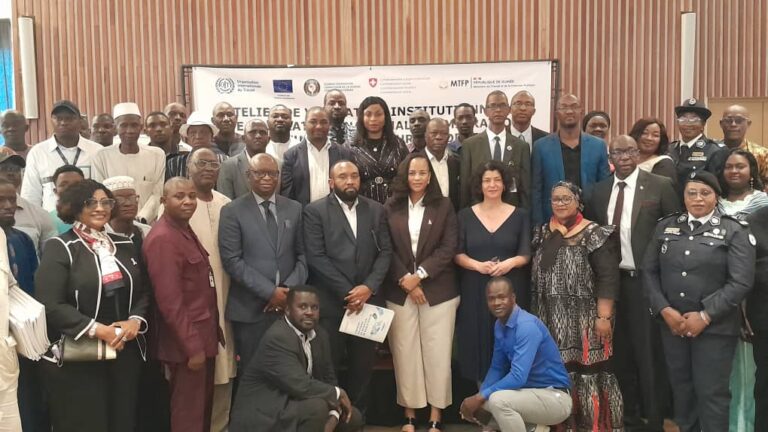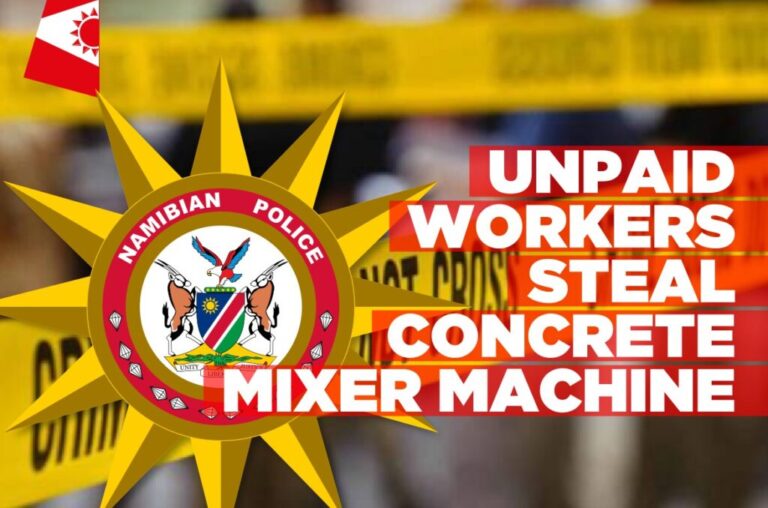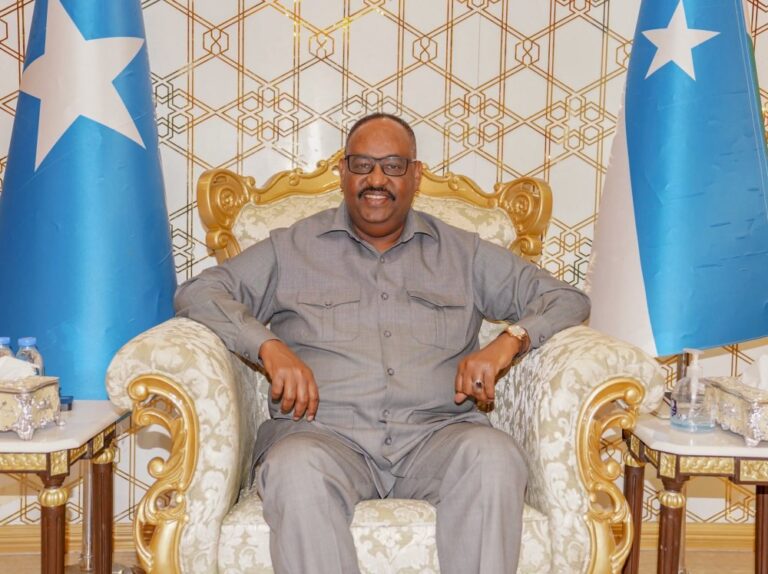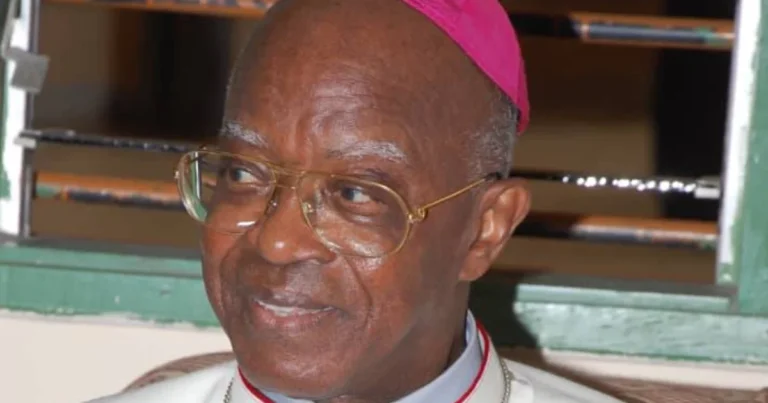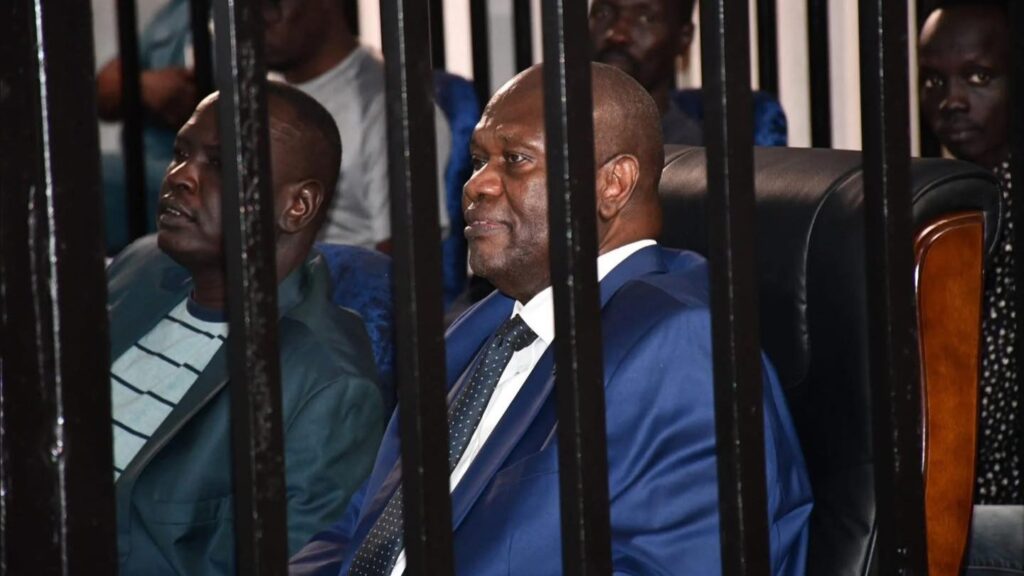
JUBA –The defense lawyers representing suspended First Vice President Riek Machar and seven co-accused from the Sudan People’s Liberation Movement/Army in Opposition (SPLM/A-IO) in the trial regarding the Nasir Incident have mounted a vigorous challenge to the legality of the proceedings during the cross-examination of the lead investigator, Maj. Gen. Basilio Thomas Wani on Friday.
The 14th session of the Special Court on the “Nasir Incident,” held at Freedom Hall in Juba, shifted attention from the disappearance of properties seized from the accused to questions surrounding the trial’s jurisdiction, procedural integrity, and compliance with South Sudan’s criminal laws.
The defense began its cross-examination after Presiding Judge James Alala Deng reportedly rejected an earlier request for full access to the prosecution’s case files and evidence exhibits. Defense lawyers said the denial of access undermines their ability to effectively question witnesses and prepare a meaningful response to the charges against Machar and his co-accused.
During the session, Maj. Gen. Wani faced tough questions regarding the chain of custody of seized items belonging to Petroleum Minister Puot Kang Chuol and businessman Mam Pal Dhuor.
While Mr. Wani denied any knowledge of the ten vehicles and electronic gadgets allegedly taken from Puot Kang’s residence, he confirmed that several valuables—including laptops, phones, watches, and cash—were confiscated from Mam Pal upon his arrest at Juba International Airport by agents of the National Security Service (NSS). However, he admitted he was unaware of the current whereabouts of those belongings.
But beyond the issue of missing property, the defense focused on what it called fundamental jurisdictional and procedural flaws that render the trial invalid. The defense lawyers led by Geri Raimondu Lege, argued that the case violates multiple provisions of the Code of Criminal Procedure Act of 2008, particularly Articles 40 and 44, which outline how criminal cases should be initiated and under whose authority they may proceed.
They noted that the alleged crimes occurred in Nasir, Upper Nile State, yet the complaint was filed in Juba without a formal referral from the Minister of Justice, as required by law.
They further contended that since the charges amount to crimes against the state, no prosecution should have proceeded without written authorization from President Salva Kiir.
The defense also questioned the involvement of the National Security Service, accusing it of conducting arrests, searches, and evidence collection without judicial or prosecutorial warrants.
According to the defense, the evidence remained in NSS custody for two months before being handed over to investigators—an action they said raises the risk of tampering and erodes the credibility of the investigation.
Presiding Judge James Alala adjourned the hearing until Monday, October 27, when the defense is expected to continue its cross-examination of Maj. Gen. Wani.
The next session is expected to delve further into the contested legality of the investigation and the role of the National Security Service—issues that could determine whether the trial continues or collapses under procedural challenge.

